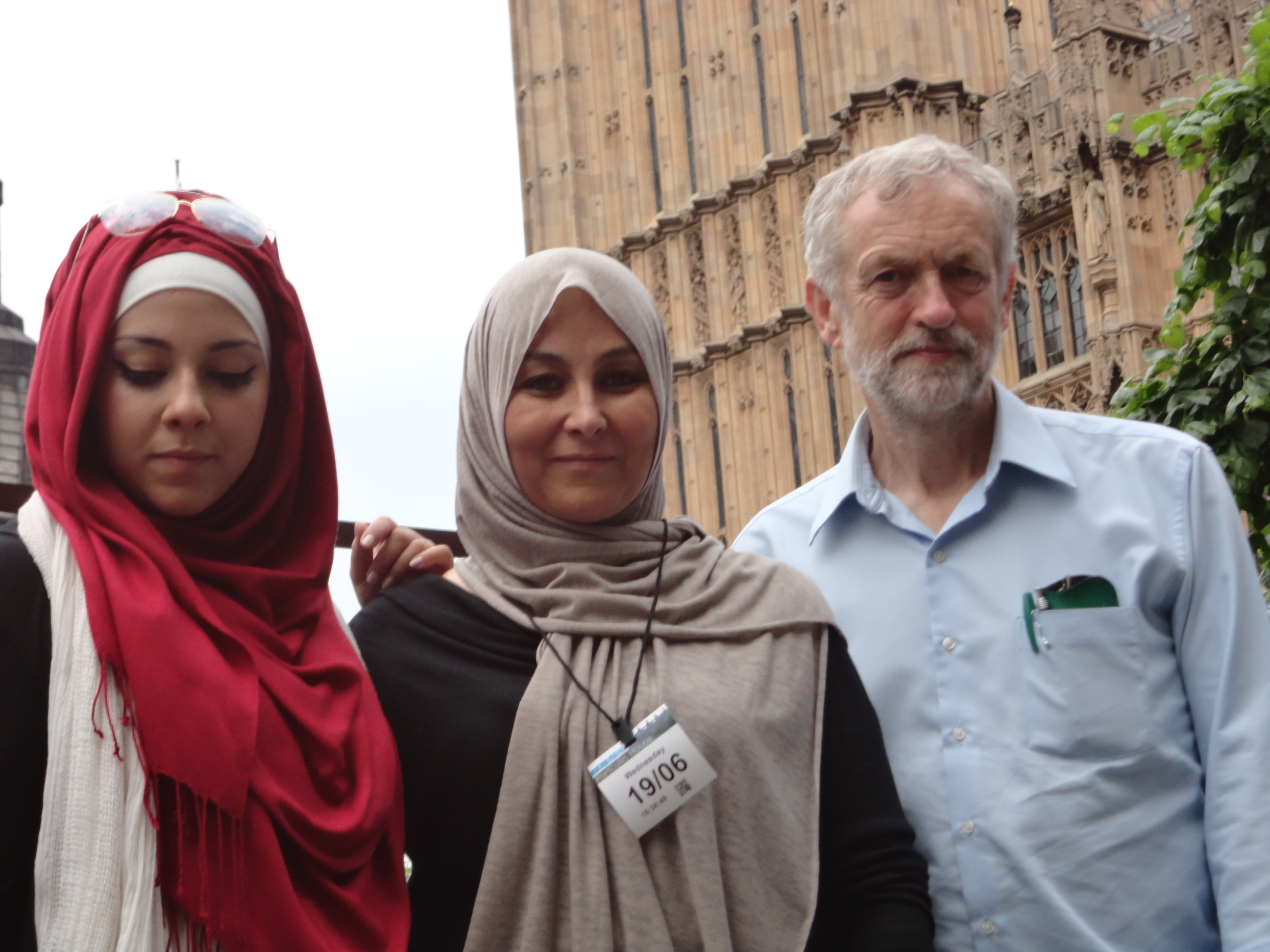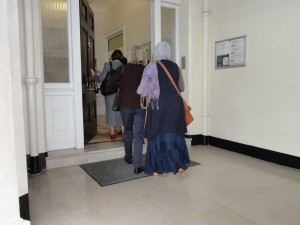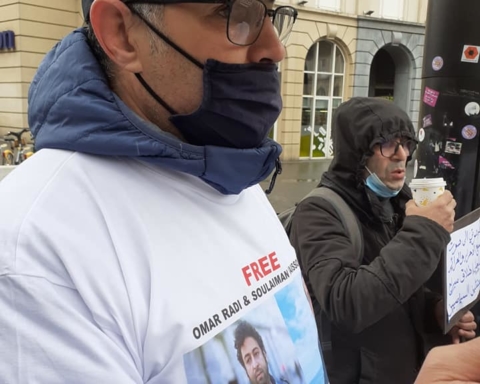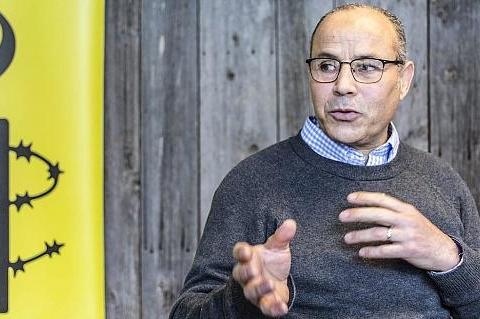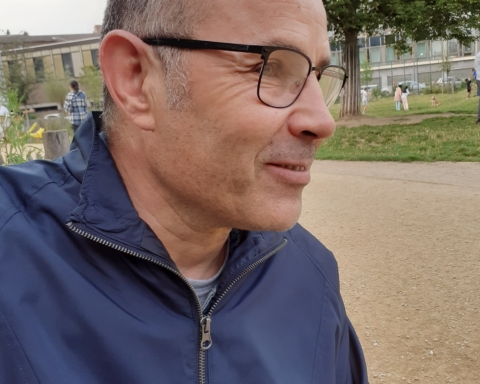Friends of Ali Aarrass London Support Committee
His Excellency Johan Verbeke
Ambassador
Embassy of Belgium in the United Kingdom
17 Grosvenor Crescent
London
SW1X 7EE
18 June 2013
Your Excellency,
We are writing to ask you to convey to your government our grave concern at its apparent failure to intervene or take any action to protect the Belgian citizen, Ali Aarrass, from unlawful extradition by the Spanish authorities to Morocco, or from his subsequent torture by the Moroccan security services, a deeply unfair trial procedure which relied on the fruits of torture for his conviction, and a lengthy prison sentence imposed by that country’s judicial authorities.
The UN Special Rapporteur on torture and cruel, inhuman or degrading treatment or punishment, Juan Méndez, recently issued a report (AL G/SO 214 (53-24), 4 December 2012) following his visit to Mr Aarrass in Salé II prison in September 2012. In his report, he confirmed that Ali Aarrass’ allegations of severe torture by the Moroccan security services, including being burned with cigarettes, beaten on the soles of the feet, hanged by the wrists and given electric shocks to the genitals, are supported by the medical evidence. Mr Mendez’ report adds weight to our concerns that Mr Aarrass has since his extradition to Morocco been treated in violation of the most fundamental human rights norms, including being convicted and sentenced solely on the basis of evidence obtained by torture.
We believe that it is unlikely that the Spanish authorities would have ignored the interim measures of the UN Human Rights Committee and proceeded to extradite Mr Aarrass to the likelihood of torture, on the basis of evidence which had been rejected by the Spanish investigating magistrate after a two-year investigation, had your government intervened to protest the extradition.
Similarly, vigorous representations from your government might well have prevented Mr Aarrass’ torture in Morocco during his incommunicado detention following his extradition. Charges based solely on a ‘confession’ allegedly made by Mr Aarrass (in Arabic, a language he does not speak) would probably not have been brought, and the irregularities which reduced his trial to a cruel farce, including a failure to send much of the evidence relied on by prosecutors to his lawyers and serious, unexplained discrepancies in police reports, would not have been permitted, had the Moroccan judicial authorities been aware that the authorities of Mr Aarrass’ other country of nationality were rigorously monitoring his treatment.
We regret that Your Excellency’s government’s apparent lack of interest or concern for the treatment of Mr Aarrass extends to a refusal even to meet with his sister or any other relatives or family friends who for years have worked to prevent these unlawful actions from taking place.
This failure stands in marked contrast to the interest in Mr Aarrass’ case demonstrated by the UN Special Rapporteur.
We further regret that Your Excellency’s government has offered no explanation for its continuing refusal to engage with Mr Aarrass’ plight. Of course we understand that Ali Aarrass is a dual Belgian-Moroccan citizen, and the rules of diplomacy would under normal circumstances preclude intervention with the authorities of his other nationality – although Belgian government officials have not relied on this as a reason for their refusal to intervene. But the prohibition against torture is ius cogens, a peremptory norm of international law, and we believe it must take precedence. The extremely grave nature of what Mr Aarrass has suffered, and the continuing harassment and inhuman treatment he is suffering as a convicted prisoner, which is noted by the UN Special Rapporteur, makes the failure to intervene by Your Excellency’s government very disturbing.
We call upon Your Excellency’s government to meet Mr Aarrass’ family and to take up his case with the Moroccan authorities as a matter of urgency.
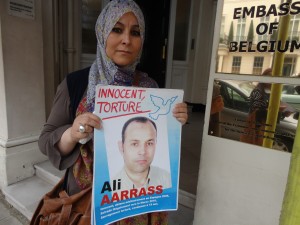 Yours sincerely,
Yours sincerely,
Professor Penny Green, Deputy Head of Dickson Poon School of Law (Research) King’s College London, and Co-Director of the International State Crime Initiative (ISCI)
on behalf of:
Professor Tanya Aplin (Dickson Poon School of Law, King’s College)
Mehdi Beyad
Sir Geoffrey Bindman QC
Professor Bill Bowring (Birkbeck College, University of London)
Victoria Brittain (author and journalist)
Campaign Against Criminalising Communities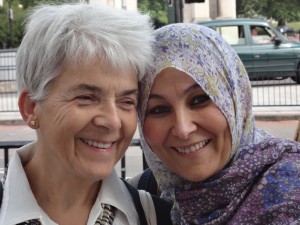
Martin Caton MP
Jeremy Corbyn MP
Louise Christian (Christian Khan solicitors)
Helen Curtis (barrister)
Jan Davidson
Melanie Davidson (ISCI intern and postgraduate Law student)
Sean Davidson
Liz Davies (barrister)
Sofia Kintis Dilinos
Jim Dobbin MP
Alicia de la Cour (Research and Policy Manager, ISCI)
Dr Nubia Evertsson (Researcher in Criminology, Stockholm University)
Liz Fekete (Director, Institute of Race Relations)
Ken Fero (independent film-maker)
Anthony Gifford QC
Haldane Society of Socialist Lawyers
Mike Hancock MP
Stephanie Harrison QC
Rebecca Hill (barrister)
Raza Husain QC
Fatima Kanji (ISCI intern, King’s College)
John Leech MP
Caroline Lucas MP
Duncan McCann
Ian Macdonald QC
Dr Thomas MacManus (post-doctoral researcher, ISCI)
Michael Mansfield QC
Lord Herman Ouseley
Jed Pennington (solicitor)
Dominic Prested
Muhammad Rabbani (Managing Director, CagePrisoners)
J.I. Reeves
Bob Russell MP
Sadat Sayeed (barrister)
Varoushnan Srilangarajah
Pete Weatherby QC
Frances Webber (retired barrister)
Amanda Weston (barrister)
Felicity Williams (barrister)
Beverley Wilson

